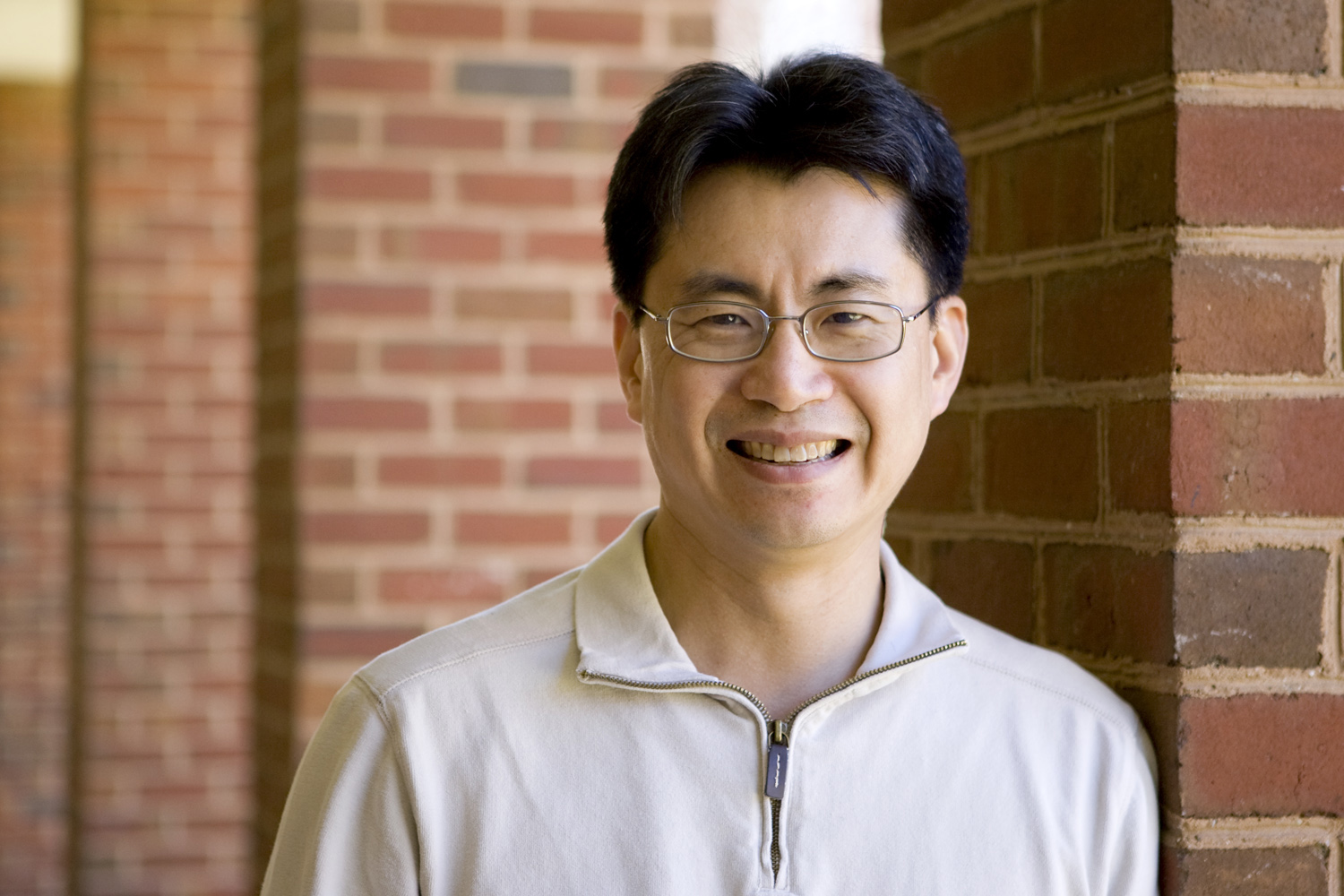February 11, 2009 — Gender bias appears to color the ratings students give their male and female high school science teachers, according to a study conducted by University of Virginia education professor Robert Tai and colleagues from Harvard and Clemson universities.
The study, published online this year in the journal Science Education, examined college science students' evaluations of their high school biology, chemistry and physics teachers. These evaluations were categorized by gender of the teacher and gender of the student.
Male students rated female teachers significantly lower than male teachers in all three scientific disciplines. However, female students rated only female physics teachers lower than their male counterparts. The study analyzed surveys of 6,994 students at more than 50 colleges and universities across the United States.
"The data collected for this study came from the entire span of four-year colleges and universities, including small liberal arts colleges and large research universities," said Tai, an associate professor in U.Va.'s Curry School of Education.
The researchers found these biases even when accounting for elements such as students' family support for learning science, academic performance and classroom experiences.
Both male and female teachers in each of the three areas appeared to be equally effective at preparing their students for college-level science courses, based upon the students' college science grades. Thus, it appears that this bias in students' perspectives on their high school science teachers is specifically linked to gender, Tai said.
"This type of negative bias in evaluation leaves a pervasive negative perception of females as 'science people,' which is a real problem for a science- and technology-dependent society such as ours," Tai said.
The potential for this bias to negatively impact female students is great given that career choice often relies on students' positive impressions of people in a profession, according to the study's authors. The gender bias associations discovered in this research increase the urgency of gender-equity efforts at the secondary school level and offer more insight into the source of the consistently low number of females pursuing careers in the sciences, math, technology and engineering, Tai said.
The study, published online this year in the journal Science Education, examined college science students' evaluations of their high school biology, chemistry and physics teachers. These evaluations were categorized by gender of the teacher and gender of the student.
Male students rated female teachers significantly lower than male teachers in all three scientific disciplines. However, female students rated only female physics teachers lower than their male counterparts. The study analyzed surveys of 6,994 students at more than 50 colleges and universities across the United States.
"The data collected for this study came from the entire span of four-year colleges and universities, including small liberal arts colleges and large research universities," said Tai, an associate professor in U.Va.'s Curry School of Education.
The researchers found these biases even when accounting for elements such as students' family support for learning science, academic performance and classroom experiences.
Both male and female teachers in each of the three areas appeared to be equally effective at preparing their students for college-level science courses, based upon the students' college science grades. Thus, it appears that this bias in students' perspectives on their high school science teachers is specifically linked to gender, Tai said.
"This type of negative bias in evaluation leaves a pervasive negative perception of females as 'science people,' which is a real problem for a science- and technology-dependent society such as ours," Tai said.
The potential for this bias to negatively impact female students is great given that career choice often relies on students' positive impressions of people in a profession, according to the study's authors. The gender bias associations discovered in this research increase the urgency of gender-equity efforts at the secondary school level and offer more insight into the source of the consistently low number of females pursuing careers in the sciences, math, technology and engineering, Tai said.
— By Rebecca Arrington
Media Contact
Article Information
February 11, 2009
/content/study-finds-gender-bias-how-students-rate-their-high-school-science-teachers

